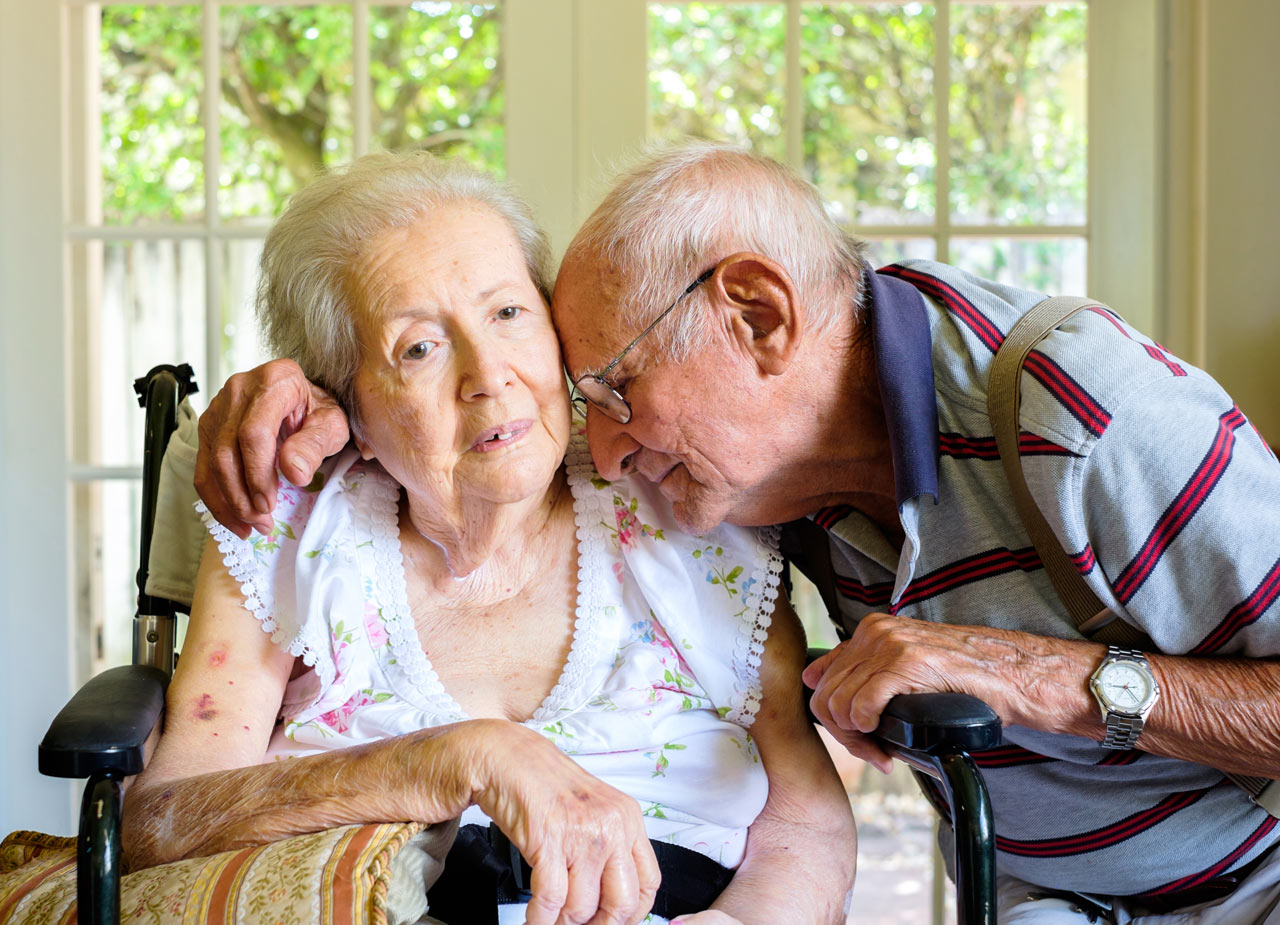What Level of Care Do We Need?
Throughout our lives all of us benefit from the support of our family and friends. It could be minor instances or big life events, but those moments are there. Although we all know this is true, it can often be hard to know when that help is really needed, and even harder if we feel like accepting help is “giving up.”
As a spouse or close loved one, it’s easy to want to jump in and provide care for a family member. And from a community of caregivers, we think that is a completely natural and wonderful thing to provide! The hard part comes when you need to determine how much care they need, or what type of care to give. There are so many gray areas to being a caretaker because so much depends on individual needs.
The segments we’ve put together below represent combined experience from clients we’ve worked with over the years, with the hope they can inform your current needs. It’s important to realize personal situations can vary depending on your level of comfort with caregiving, and the needs and disabilities of those you’re providing care for.
Light Family Care
Most people experience this type of care in their later years, especially in instances where a spouse is involved. If your family member is experiencing minor needs, like inability to drive alone, less stability when walking or needing help with household or personal things, light family care may be needed.
A spouse may need to tackle more of the household chores, keep track of bills and paperwork, or even begin to help with personal care like bathing. Outside family members may start regular or more frequent visits, maybe throwing in a load of laundry or helping with errands.
If this isn’t a big shift for your household it may feel like business as usual. The key is to pay attention to your feelings as a caregiver. If these additional tasks can be blended into your normal schedule, and do not feel like they’re causing negative strain on your relationships, this level of care is completely doable.
Heavy Family Care
For more major health needs, heavier caregiving is necessary. This can transition gradually from light care, or be a sudden result of an accident or major health scare. More progressive forms of dementia, loss of personal ability over bodily movement or functions, or another form of mental health decline can all be red flags that heavier family care is needed.
If your spouse or family member is needing daily visits or support, is having trouble navigating daily functions or you feel they are in danger of being left alone, you’re definitely in the stage of heavy family care.
This level of family care is often when we are contacted by clients in need of help, many times by family members that are exhausted and stressed about the level of care being imposed on them. Please know you can ask for help before this point! This is the area where asking for help can be better for the health of all parties involved.
In-home Caregivers
It’s good to remember that you can always be a part of your family member’s care, even if you bring in outside help. In-home caregivers have a distinct role in alleviating caregiving responsibilities, but it really works best with family support and input.
In any case, light or heavy family care can mean in-home caregivers are necessary. As mentioned earlier, even light care can be a burden depending on what else you have on your plate. A weekly visit may not fit into a schedule for a family member who works full time, is also taking care of children, or lives further away.
Home health aides can assist with a variety of daily tasks, including running errands, visiting doctors, household chores, or meal planning. If you are worried about the daily health or safety of your loved one, hiring an in-home caregiver can be the right choice. Caring Professionals home caregivers have safety and health top priority. Learn more about our high standards here.
CHHA Services
If your family member has had a recent hospitalization or other major health setback, they may need CHHA services. In addition to home health aides, a Certified Home Health Agency provides care through in-home visits from medical professionals like nursing, physical therapy or other similar services. Services may also be utilized to help people of all ages with disabilities.
These services may be used in smaller or larger capacities depending on the needs of a patient. Services like regular in-home caregiver visits may be continual, while other services like physical therapy in response to an accident may only last until a patient or doctor feels it’s needed.
No matter the level of care your family member needs, the most important thing to remember is that asking for outside support is not giving up. The best choice you can make for your loved one is giving them the opportunity to have the care they need. Stepping back from some aspects of physical care can mean strengthening relationships or providing mental health care in ways you couldn’t otherwise.






